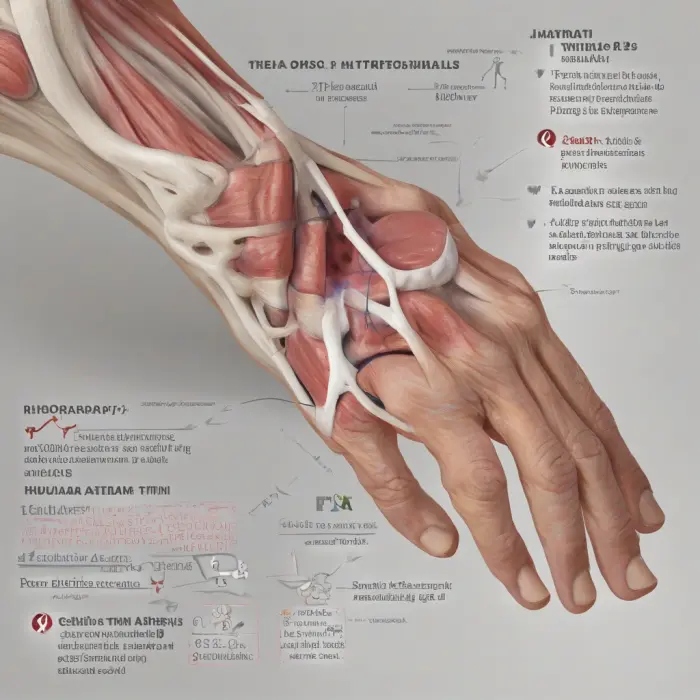The Role of Laughter in Promoting Physical and Mental Well-being
Laughter is an integral part of human life and plays a pivotal role in promoting both physical and mental well-being. The old adage, 'laughter is the best medicine,' is upheld by numerous studies, underscoring the therapeutic value of a hearty chuckle or an uplifting giggle.
Mental Well-being
One of the most noticeable effects laughter has is on our mental health. A good, hearty laugh relieves physical tension and stress, leaving your muscles relaxed for up to 45 minutes afterward. Laughter boosts the endorphins - the body's natural feel-good chemicals - that are released by your brain, which ultimately promotes an overall sense of well-being. It's almost impossible to feel anxious, angry, or sad when you're laughing.
Laughter also strengthens resilience. It's an incredible capacity to bounce back from stress and adversity more quickly and effectively. Being able to laugh at ourselves and our mistakes can make us more resilient by helping us to recognize that we are not perfect and that it's okay to be fallible.
Physical Well-being
Laughter has proven physical benefits too. It boosts immunity, lowers stress hormones, decreases pain, relaxes your muscles, and prevents heart disease. Health professionals have even found that people with a strong sense of humor tend to live longer and healthier lives than those who don’t laugh much.
The act of laughing is a great cardio workout, especially for those who are incapable of doing other physical activity due to injury or illness. It improves the function of blood vessels and increases blood flow. Simple laughter can even burn calories. Although it can't replace the gym, one study found that laughing for 10 to 15 minutes a day can burn approximately 40 calories—which could be enough to lose three or four pounds over the course of a year.
Laughter and Relationships
Furthermore, laughter helps us form better connections with other people. Shared laughter creates bonds, fosters empathy, and cultivates an environment of positivity. When we laugh with others, a positive bond is created. This bond acts as a strong buffer against stress, disagreements, and disappointment.
Regular laughter diffuses anger and conflict faster too. When we release the seriousness of a situation and make room for amusement, issues seem less overwhelming and solutions come easier.
Conclusion
In the global march towards improved mental and physical health, prioritizing laughter is a simple, delightful option. We all have the capacity to laugh. When we embrace laughter, we support our emotional, mental, and physical well-being, creating more pleasurable, healthy and fulfilling lives.
The next time you feel an overwhelming wave of negative emotions or stress, remember to take a moment and simply laugh. The effect it will have on you will be more than just immediate; it will be long-lasting, creating a more balanced and enjoyable life experience.










